I have a bit of a bias toward shonen. I often write about shonen anime and themes. Frankly, it is because most shojo stories do not appeal to me. Another reason is because most imports we see here in the States are of the male variety. So that being said, it is time for another shonen focused article.
Shonen has problems that I need to address. Particularly with its heroes.
They are all meat heads.
By meat head, I mean many shonen heroes are impulsive, thoughtless, and charge forward without regard to the consequences. They also lack reasonable motivation behind their character.
Take Edward Alric for example. I liked Ed in the original Fullmetal Alchemist. Sure, he was hotheaded. But he was a thinker. He used his intelligence to work out how to use alchemy in unique ways. For example [spoiler!], when he fought Sloth in the original anime, he uses alchemy to transform her water-based body into ethanol. This makes her evaporate. Contrast this with Fullmetal Alchemist: Brotherhood. Ed takes the typical shonen route of force. Rather than using alchemy in ingenious ways, he prefers to rely in martial arts and raw power. Ed in Brotherhood had more in common with Inuyasha’s constant Wind Scar attacks than the Ed of the original anime series. If an attack doesn’t work the first three times, use it three more! And three more after that!
Hikari Sakishima in Nagi-Asu: A Lull in the Sea gives me a headache for similar reasons. He is impulsive and thoughtless of others. His actions make it hard to believe so many of the female characters in the story “love” him. But then, this is a shonen. Anyway, Hikari has the same complex of shonen protagonists: he believes he can change what he dislikes by sheer stubborn action. Nagi-Asu actually points out how this is not the case when an avatar of the Sea God flat out tells Hikari there is nothing to be done for his love interest. But he surges blindly onward. His blindness to the love interest of other female characters, many of whom are more compatible than his Manaka, is a typical trait of shonen.
Sadly, Nagi-Asu focuses too much on Hikari trying to change events. The story fails to follow more interesting ideas. Most of the characters end up hibernating for 5 years. A few of their friends were trapped on the surface and were unable to hibernate with the rest of their sea-dwelling families. When the sleepers wake, they find their surface trapped friends have aged 5 years while they remain 15 or 16. Children are now their own age, and most of their classmates are in college or married with families of their own. How would the sleepers cope with these changes? This would be a far more interesting story than following Hikari’s bullheadedness. Nagi-Asu works a little with the idea of changes but gives too much focus on bad shonen protagonist habits.
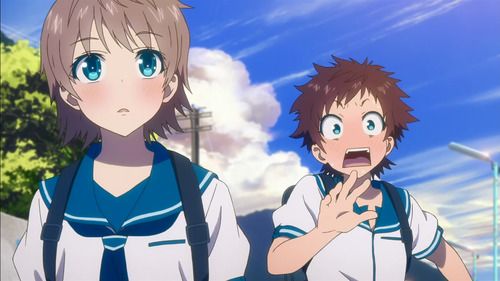
I prefer the more thoughtful and introverted supporting male character Kaname to Hikari. Shonen heroes are rarely introverts. Of course, this is the same problem American heroes have. This idea is called the Extrovert Ideal. I prefer to call it the Extrovert Bias.
Bleach has Ichigo. Ichigo is a little more of a thinker than Brotherhood’s Ed or Nagi-Asu’s Hikari. However, Ichigo has unrealistic motivations. Shonen heroes are often driven by the need to protect their loved ones. That is fine…to a point. The protection motivation is overdone and tired. Ichigo takes it too far. He is often willing to sacrifice everything for people he barely knows. Sure, this altruism is commendable. It is actually a Christian ideal. However, it is so common that it becomes meaningless. Laying one’s life down for a brother is a rare, ultimate expression of love. Ichigo and other shonen heroes do this for anyone. It is such a common motivation that it loses its meaning and its impact. It is similar to how overused words lose their meaning. “Awesome” is such a meaningless word now. It used to be a lofty word used only in context of divinity or extraordinary event. Shonen has taken the awesome event of putting the hero’s life on the line for another and made it as meaningless as the word ‘awesome.’ The motivation only works when it is rare. Sure, Ichigo would lay down is life for his sisters and perhaps Rukia. Leave it at that. Rarity is what makes something valuable.
Yes, this post is on the ranty side. However, these are problems that need to be examined. Stereotypes have a place, but they become tired. Tired ideas lose their appeal and meaning. Heroes are meant to represent our ideals and do things we cannot easily do. However, when our heroes start to embody negative traits like impulsiveness, thoughtlessness, and blindness we have a problem. It is okay for a hero to have these traits and grow out of them. It is not okay for these traits to be the path of victory.
The traits of temperance, thoughtfulness, and compassion are superior to the meat head traits of bullheadedness and others I’ve listed. However, temperance, thoughtfulness, and compassion are not interesting in a world governed by the Extrovert Ideal. Impulsive action is considered a sign of competence and are encouraged. This includes speaking out without knowing what you are speaking about and other actions we see in shonen heroes. Granted, I am beating up on shonen but American media is worse with this nonsense. Slow, thoughtful people are considered less competent. Yep, I am considered this way. I used to fake extroversion just so I can be heard. Recently, I decided to stop faking it and embrace my quiet self. If people do not listen when I do speak, that is their loss.
Characters like Nagi-Asu’s Kaname are lost in the noise. Orihime in Bleach is another example. This is a result of the Extrovert Bias. Certainly there are shonen stories that focus on these quiet characters. The majority of the stories, just as the majority of American media, pays attention to the loud protagonists.
Perhaps now I should explain introversion and extroversion. Introversion involves a brain and nervous system that is highly sensitive to stimulation, particularly social stimulation. Introverts give up energy with every social interaction. Extroversion involves brains and nervous systems that are less sensitive to stimulation. Extroverts gain energy through social interaction. Extroverts have a wide network of friends and acquaintances. They also tend to seek out adventure. Sounds like your typical shonen hero, eh?
Introverts, like me, have small social circles but have deeper relationships with those people in them. We expend energy into people only if we genuinely care for them. Because of high sensitivity to stimulus (there are people who are called Highly Sensitive, but this is different from introversion) introverts tend to avoid or limit exposure to noise, risk, and other things extroverts love. Introverts are not shy. We simply need less social interaction. Introverted hero stories have less action and more intellectual conflict.
The bias of society toward extroversion is one of the reasons why shonen characters are similar. They are also easier to write than introverted characters. After all, an extrovert tends to show what they are feeling and thinking. An introvert does not. Manga and anime need more introvert protagonists and less impulsive meat-heads. No. I don’t equate extroversion with being a meat-head…just some of the time!
Shonen needs to have more intellectually driven characters, such as the original Fullmetal Alchemist’s Ed. Less emphasis on being bullheaded, impulsive, and generally clueless about events would help balance the Extrovert Bias and provide some refreshing changes to tired tropes.
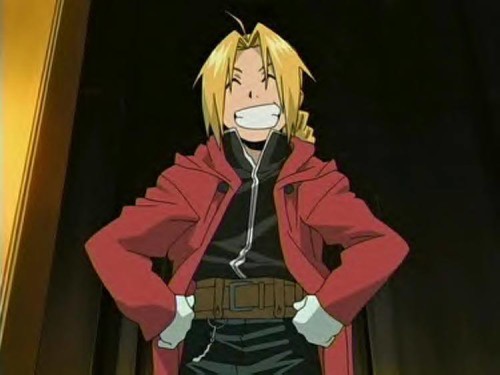
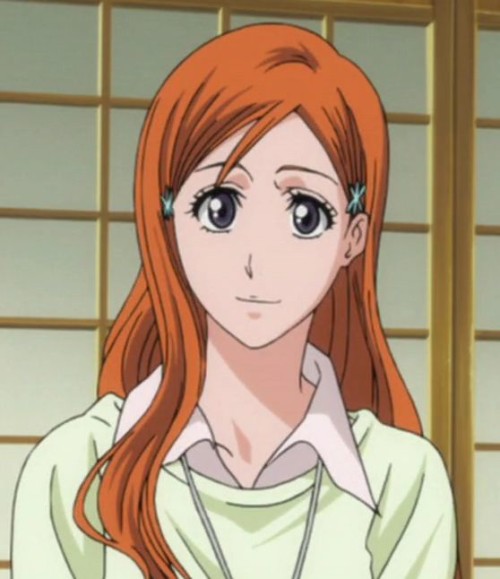
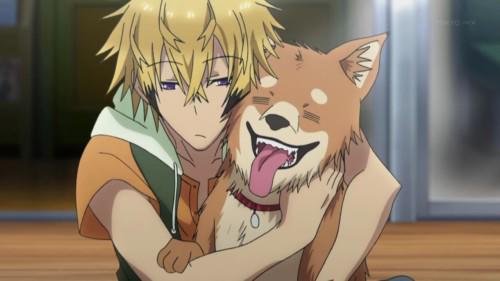
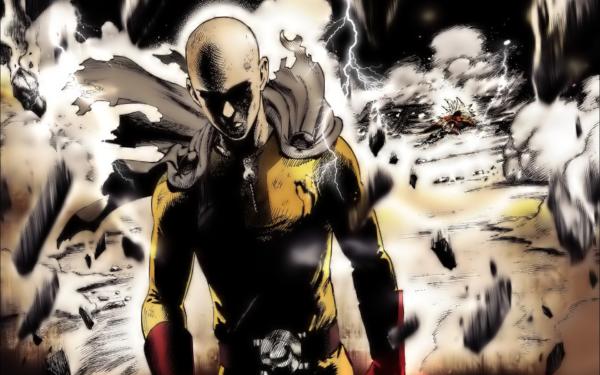
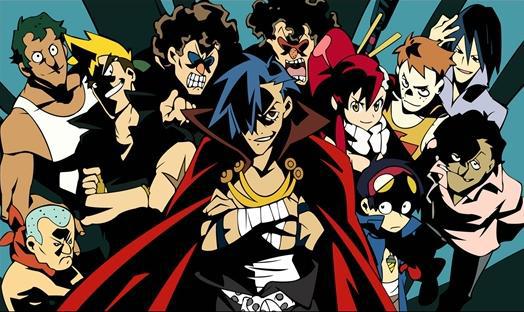
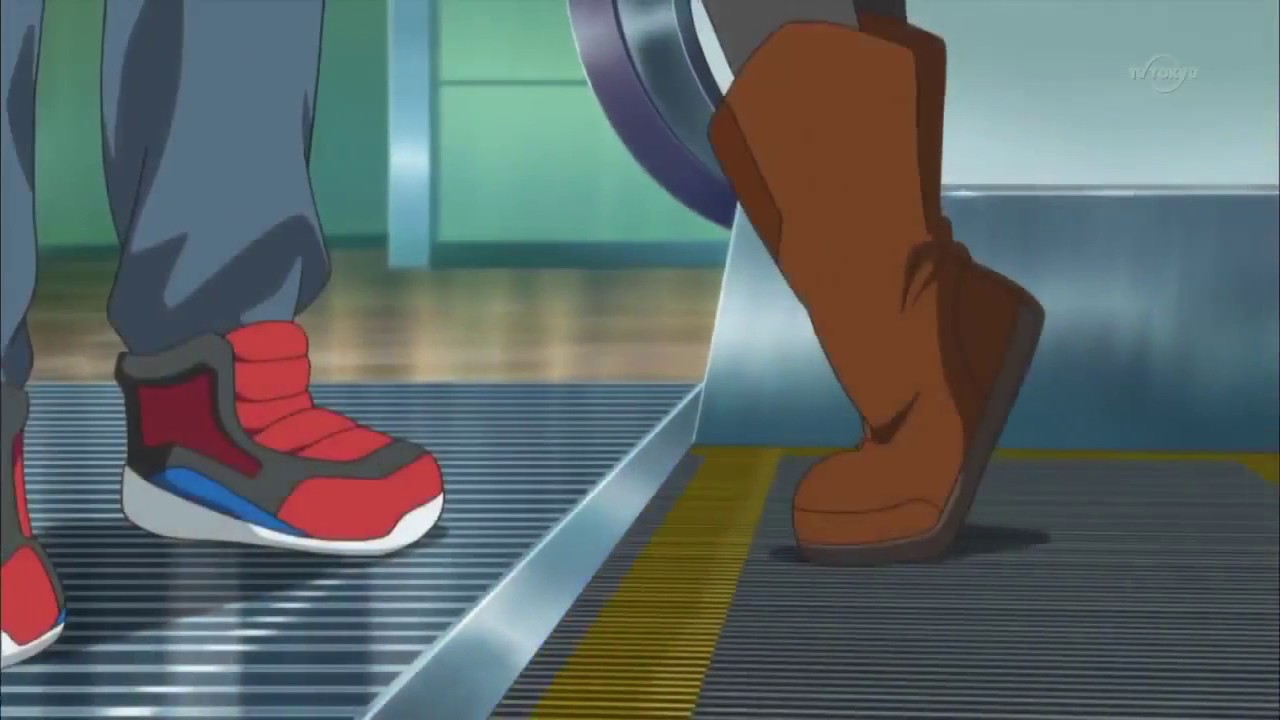
Omg, you are so right. I am a super Bleach fan, but it took a long time to understand Ichigo’s motivation! Even for Naruto, I summed it up to “his ninja way.” This is why I like watching anime with older characters; I am so over the highschool saviors. Now, I prefer the Cowboy Bebops and Moribitos. I think this is why the whole concept of Death Note was so amazing. It appealed to us introverted thinkers. Oh, and don’t get me started on romance anime for us older gals! Hey, I still like gun and sword fights too!
The high school hero is tired. In the States and elsewhere, we are quite limited. Anime like Ghost in the Shell and Moribito are rare outside of Japan, despite a good portion of the Western anime audience aging. Some of that may have to do with the stigma of being above 30 years-old and liking “cartoons”. The older section of Western anime watchers won’t admit their interest as easily as the younger crowd.
Interesting article! I didn’t expect it to talk about extroversion and introversion. That was neat transition right there.
Thanks! The difference between introverts and extroverts fascinates me, especially how media favors extroversion.